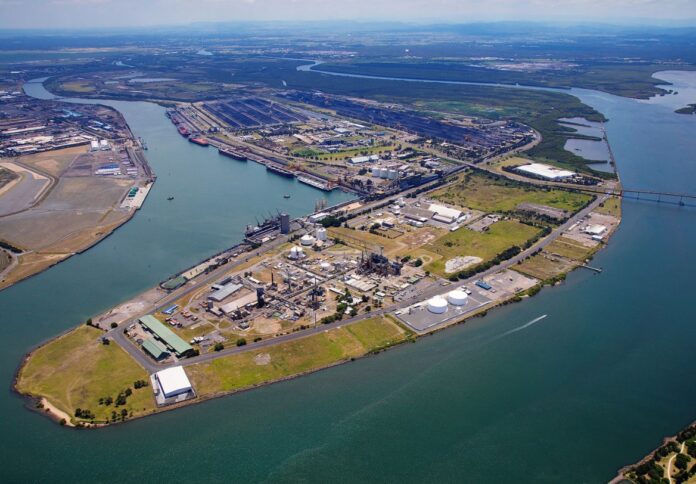
Australian manufacturing giant Orica said it has announced the completion of its Kooragang Island Decarbonisation Project in Newcastle along with the successful commissioning of an Australian-first technology across its three nitric acid manufacturing plants on site.
The fully operational tertiary abatement technology has reduced greenhouse gas emissions released by Orica’s three nitric acid plants by at least 98 per cent, the company said in a media release.
This figure is equivalent to 48 per cent of the site’s total GHG emissions and 11 per cent of all chemical industry process emissions across Australia.
The decarbonisation project is expected to eliminate 567,000 tonnes of carbon dioxide equivalent from the site each year, which is equal to emissions from 50,000 Australian homes.
The project recently received a $13.06 million investment from the New South Wales Government through its Net Zero Industry and Innovation Program.
Orica also poured $25 million into the initiative, financed by the Federal Government’s Clean Energy Finance Corporation. The Clean Energy Regulator also approved the project as eligible to generate Australian Carbon Credit Units.
“This project clearly demonstrates that with the right policy settings and corporate commitments, emissions reduction is possible in hard-to-abate industries of our economy,” said Sanjeev Gandhi, managing director and chief executive officer of Orica.
“The policy certainty from the passage of the Government’s Safeguard reforms means we can now continue to accelerate our decarbonisation plans with confidence. We will continue to invest across our operations, to ensure Australian manufactured products remain competitive as the world transitions to a lower carbon economy. Our focus now moves to decarbonising our operations at Yarwun in Queensland utilising the same proven technology.”
Global leading mining and infrastructure solutions developer Orica seeks to tackle the remaining material greenhouse gas emissions onsite as part of its commitment to its 2050 net zero ambition.
Phase one of the decarbonisation project seeks to produce renewable hydrogen from recycled water and renewable electricity using a grid-connected 55MW electrolyser. As part of this, the company has partnered with Origin Energy on the Hunter Valley Hydrogen Hub to deliver a commercial-scale renewable hydrogen supply chain in the Newcastle industrial and port zone.
The Hydrogen Hub, which will be located next to Orica’s Kooragang Island manufacturing site in Newcastle, will be the only ammonia plant to operate on Australia’s east coast with direct access to a deep-water port and the Port of Newcastle’s Clean Energy Precinct.
“We’re deeply committed to future-proofing our manufacturing, jobs and economies, maintaining supply chain sovereignty and building a solid foundation for a regional Hydrogen Hub in the Hunter Valley, while also supporting our customers to achieve their sustainability goals,” Gandhi said.
“However, these projects will take time and significant challenges exist. Collaboration with Government, community, industry, academia and commercial partners will be critical to the success of this project. We believe this will give Australia the best chance at establishing a robust domestic renewable hydrogen and ammonia industry with export and global scale while thriving in a lower carbon world.”

















